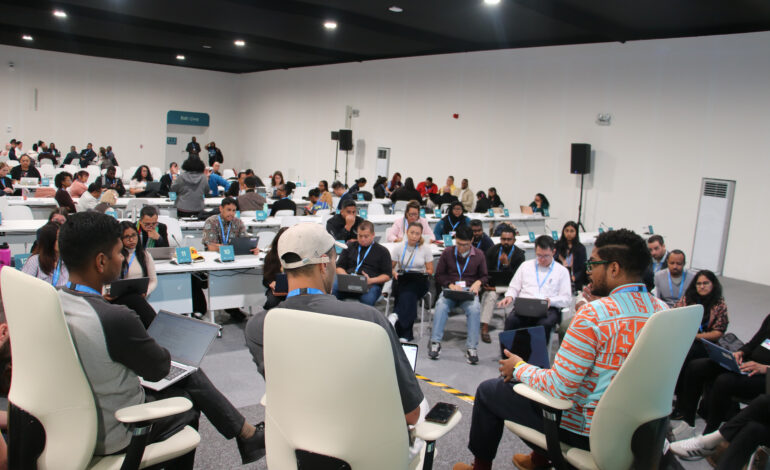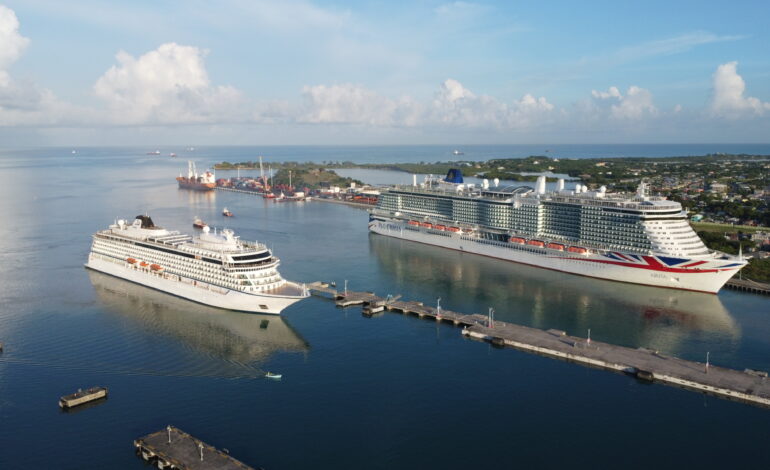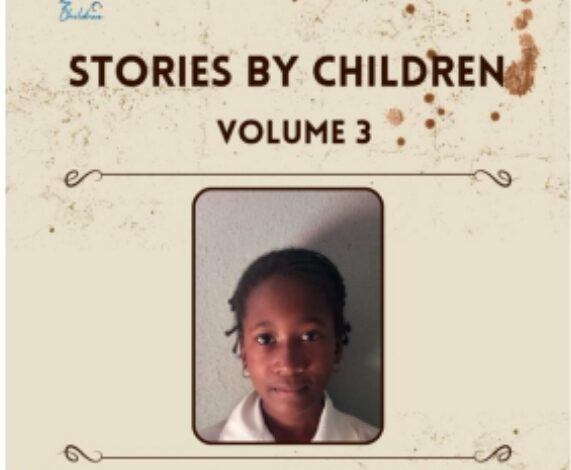
Amidst recent unprecedented climate events which have left numerous countries grappling with devastating loss of life and economic blows, Small Island Developing States (SIDS) are intensifying their call for a transformative New Collective Quantified Finance goal, the NCQG, at COP29. The Alliance of Small Island States (AOSIS) warns that neglecting the special circumstances of SIDS in the current climate finance discussions jeopardizes the survival of the world’s most vulnerable populations. SIDS, who have long criticized the inefficiency of the previous USD 100 billion climate finance target, fear that COP29 could result in another failure to adequately address the climate crisis. “Achieving the 1.5°C global warming limit is more than just a survival issue for these nations—it is crucial for ensuring a sustainable future for everyone,” said AOSIS Chair, Ambassador Fatumanava Dr. Pa’olelei Luteru. “For our islands, a significantly ambitious new climate finance goal, the NCQG, is the key that unlocks the path to Keep 1.5 Alive, and delivers for mitigation, adaptation and loss and damage response.” “Adequate climate finance is essential to achieving the goals of the Paris Agreement and the UN Framework Convention on Climate Change (UNFCCC). Without it, the global effort to limit warming to 1.5°C is at risk, along with the future of sustainable development for all.” SIDS are pushing for climate finance that is new, additional, predictable, and adequate—critical to address the evolving needs of vulnerable nations. The NCQG must facilitate not only mitigation of further warming but also build resilience to unavoidable climate impacts and address the loss and damage already caused by decades of global emissions. The proposed NCQG should meet key criteria, including:- Finance that is new, additional, and separate from official development assistance (ODA) or other international flows.- Grants for adaptation and loss and damage, rather than loans or repurposed funds.- Minimum allocation floors for SIDS.- With this amount set to increase as the climate crisis deepens. SIDS also call for prioritizing concessional finance, especially for adaptation and loss and damage efforts, to protect lives, livelihoods, and ecosystems in these vulnerable regions. “We are running out of time in this critical decade to halve emissions by 2030, and the stakes here at COP29 are incredibly high,” noted Ambassador Luteru. “COP29 must reinforce last year’s momentous agreement to transition away from fossil fuel, and continue the momentum with a bold new climate finance deal that benefits us all. “COP29 must be a defining moment in multilateralism, securing actionable solutions to deescalate the climate threats endangering our world.” |
About AOSIS: Since 1990, AOSIS has represented the interests of the 39 small island and low-lying coastal developing states in international climate change, sustainable development negotiations and processes. As a voice for the vulnerable, its mandate is more than amplifying marginalised voices as it also advocates for these countries’ interests. In terms of size, AOSIS closely resembles the countries it represents on the global stage, but often punches far above its weight, negotiating historic global commitments to cut greenhouse gas emissions, among other achievements. |






